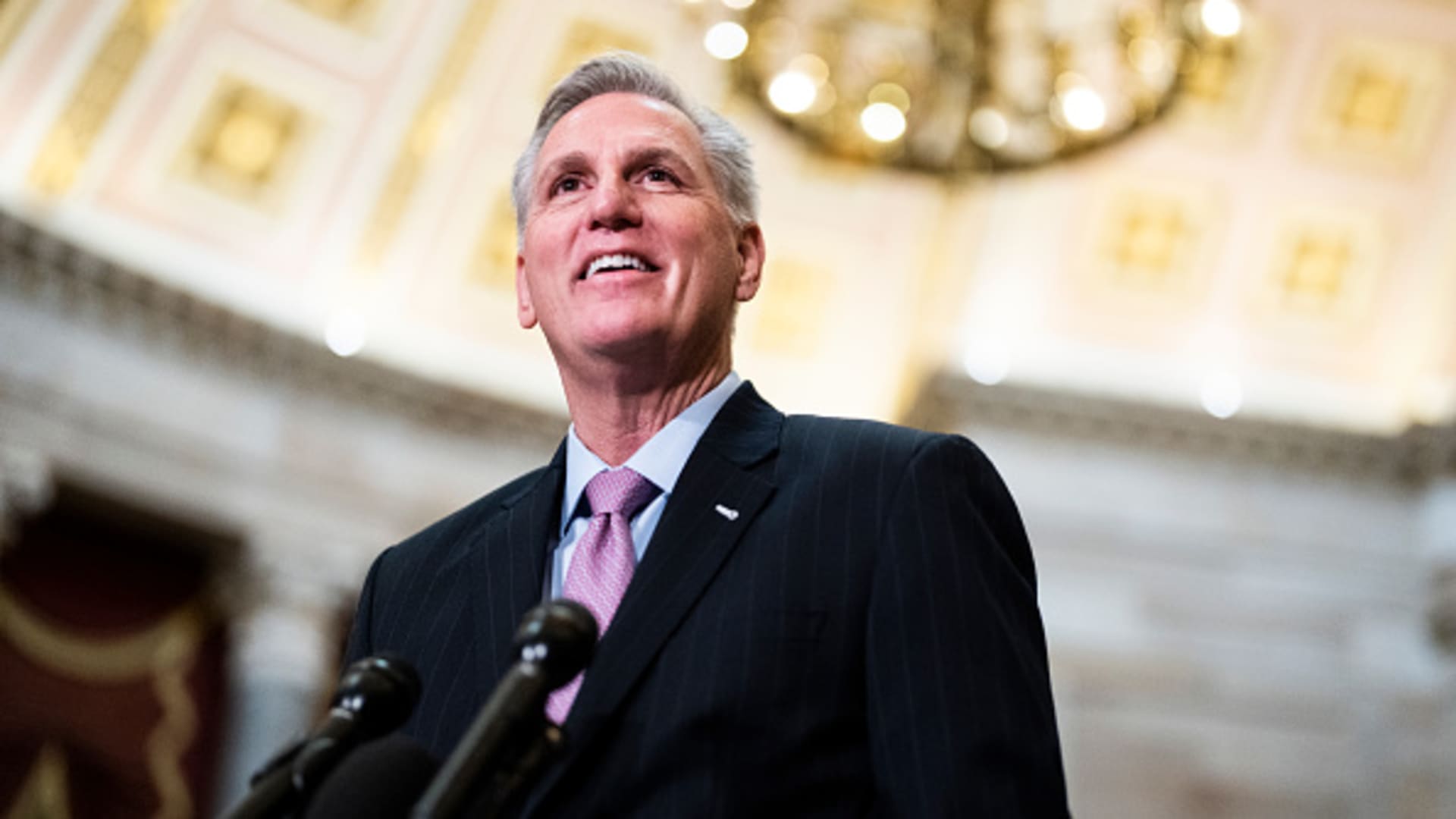"An easier solution would be to eliminate the earnings cap while leaving benefits as is. The extra revenue
would solve the financial gap for 35 years, according to a report by the Congressional Research Service.
About 180 million Americans contributed a total of $943 billion to Social Security in 2021. Ending the cap for the 5% of US workers who earn more than $160,200 would increase revenue by more than $150 billion."
"In 1994, a bipartisan group of lawmakers eliminated the income cap that used to exist for taxes paid by workers to fund Medicare."
I am trying to re-find the source, but I did read that the demographic crisis that has made SS at risk will resolve itself by 2056. This one change will make SS solvent for the foreseeable future, and affect only 5% of workers. Of course, it will also require calibration to avoid tax cheats (e.g., shifting wages to stock options, carried interest, etc.).


